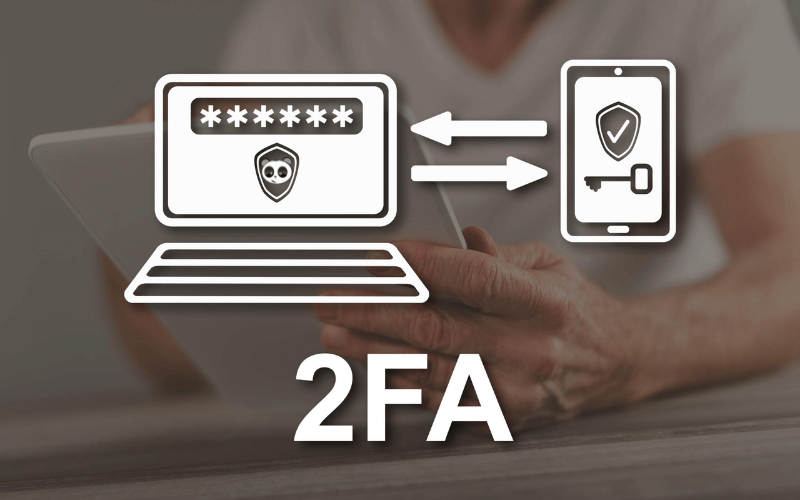The world’s largest cryptocurrency exchange – Binance – has signed a MoU with the Financial Monitoring Agency of the Republic of Kazakhstan that aims to create a safe cryptocurrency environment in the Asian country and reduce financial crime in the region.
https://twitter.com/cz_binance/status/1576864543564701696?ref_src=twsrc%5Etfw%7Ctwcamp%5Etweetembed%7Ctwterm%5E1576864543564701696%7Ctwgr%5E1ed513db2bc15ca16c021605e08442e780037638%7Ctwcon%5Es1_c10&ref_url=https%3A%2F%2Fwikibinance.com%2Ftin-tuc%2Fbinance-ky-mou-voi-kazakhstan.html
Binance’s efforts in Kazakhstan
Binance plans to expand its office in Kazakhstan and build a cryptocurrency hub for the entire region. Less than two months ago, the exchange received regulatory approval from the Astana Financial Services Authority (AFSA).
Tigran Ghambaryan, VP of global investigations and intelligence at Binance, confirmed that the platform has “the most robust compliance program in the industry” and is capable of detecting suspicious activity and preventing cases of fraud.
“We express our gratitude to the Financial Monitoring Agency of the Republic of Kazakhstan for their cooperation and commitment to solving problems in the rapidly growing cryptocurrency industry,” he added.
The signing of the MoU agreement is part of Binance’s global training program that aims to reduce currency crime and create a secure ecosystem for those who want to enter the digital asset sector. The project has been implemented in Italy, France, Canada, The United Kingdom, Norway, Brazil, Paraguay and Israel.
Kazakhstan strives to become a global cryptocurrency hub
Last week, President Kassym-Jomart Tokayev said the ruling body is ready to turn Kazakhstan into a global cryptocurrency hub. Authorities can launch a project that will enable the conversion of digital assets to cash and vice versa in a regulated and secure manner:
“Currency conversion is already being carried out at the site of the Astana International Financial Center under a special pilot project. For this, quite innovative changes were made to national legislation and the regulatory environment. And we are ready to go further.”

















